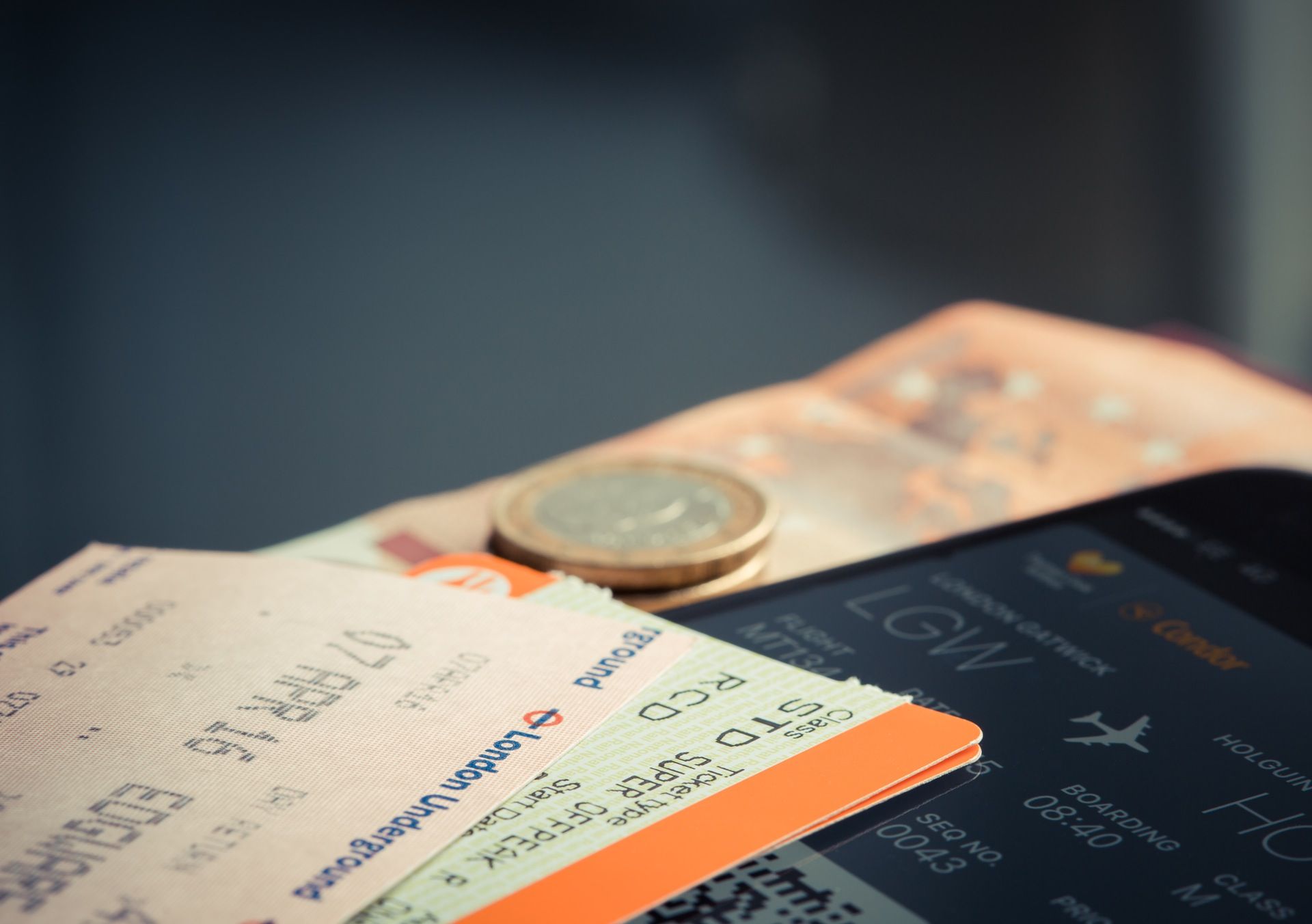How Airlines Set Their Prices and Why You End Up Spending a Lot of Money on Flights
Find traveling expensive? The way airlines set their prices explains why it ends up costing so much. Check out why your wallet cries when you book a flight.

Have you ever had the unpleasant feeling that the more you research your flight, the higher the price gets? Rejoice, you’re not crazy - but there’s actually much more to how airlines set their prices. Here’s how it actually works.
Main components of the ticket price
- The base fare, which is the price of your ticket before any tax is applied.
- Taxes and airport fees
- Fuel
Optional components
Most of the time, these are not included in the price of the ticket for low-cost airlines - you have to pay an extra fee to benefit from these services:
- Food onboard
- Seat selection
- Baggage if you need to bring more than a cabin bag
- Additional service fee: car at the airport or night at the hotel for instance
Travel and booking class
When you fly with some of the major airlines, you generally have a choice between 4 travel classes depending on the quality you’re looking for. From the highest to the lowest, they are: First, Business, Premium Economy or Economy.
Your booking class grants you different privileges: the price of getting a refund or changing your ticket will vary accordingly depending on the class; the number of points added to your frequent flyer program will also be different.
The quest for profit
Keep in mind that airlines divide their customers into two categories depending on their buying behaviour. Whereas leisure travellers are usually flexible with their dates and take the time to select the cheapest seats, business travellers often need to fly on a very specific day, sometimes even at a specific hour. They are thus more likely to buy a more expensive ticket when they have to leave spontaneously: the closer to the departure date, the more expensive the seats will be.
You might expect prices to drop as you get closer to the departure date, but it actually only happens when the airline has not managed to sell the cheapest seats: in this situation, they offer even cheaper seats to at least cover the base fare.
Why do airlines overbook their flights?
Overbooking means that the airline sold more tickets than they have seats on the plane. They overbook flights when they predict that not all passengers will take their flight. To compensate for these "no shows" and make sure that the plane flies at full capacity, they sell more tickets.
If there aren't enough seats on board because their predictions were wrong, they have to deny boarding to some passengers. In these cases, they will have to pay them a boarding denial compensation, along with meals and refreshments.
But when they overbook a flight and it turns out that their predictions that some passengers wouldn't show up is correct, they make more money than if they had sold just the right amount of tickets.
Bottom line: overbooking flights is a gamble for airlines. But you can be certain that if they keep doing it, it's because it ends up bringing in more money, not costing them more. It's not exactly ethical, but it's profitable.
How should I buy my ticket then?
If you haven’t done so already, I can only recommend that you read this post on tips to buy cheap flight tickets. Keep in mind that finding the best prices could turn out to be a real challenge if you’re not that flexible on your dates.
Another tip is to find a codeshared flight: sometimes, airlines share the same flight, but only one of them is operating it. In those cases, flights are usually filled more easily. The beauty of it for passenger is that the prices could vary: the same flight may cost €500 when purchased on Air France’s website and only €300 if you buy the ticket from British Airways, provided that the flight is codeshared.
And remember - no matter how much you paid for your ticket, what booking class or airline you flew on, in the cases of an overbooked, delayed or canceled flight you could be entitled to up to $700 in compensation.
With the Service app, all it takes is a simple inbox connection, and we'll claim compensation on your behalf as soon as we detect a delayed or canceled flight among your travel reservations.
(the average traveler saves $300 per year in cash, vouchers, and miles)
